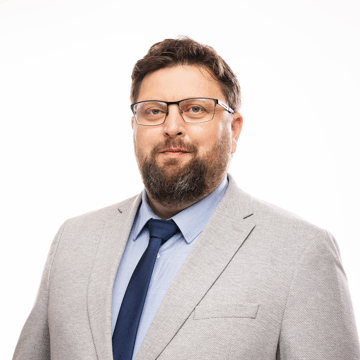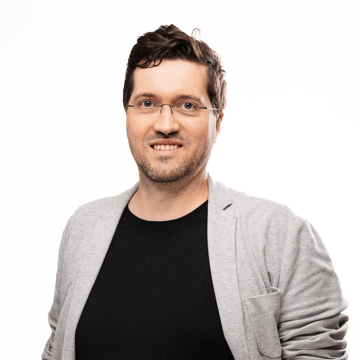
Short course description
Short course description
Content of the short-term learning experience
The course entitled "Reverse Engineering in Product Development" is designed to provide a comprehensive insight into the process of reverse engineering in the development or redesigning of new or existing products. The course includes a theoretical part, practical exercises, and an independent project task focused on the field of reverse engineering.
The theoretical part of the program offers an insight into the basic concepts of reverse engineering, ranging from the scanning process of objects or products to the final construction of a CAD model. Participants will gain theoretical knowledge that will assist them in developing precise engineering solutions. The practical part of the course is aimed at applying the acquired theoretical knowledge in practice. Participants will engage in exercises using tools such as Rhinoceros 3D, Autodesk Fusion 360, and Solidworks. They will learn 3D (re)modeling and reconstruction of scans, enabling them to acquire practical skills for creating high-quality CAD models.
As part of the course, participants will have the opportunity to complete an independent project task, which will require the application of acquired knowledge and skills to address specific challenges in the field of reverse engineering.
Coordinator of the short-term learning experience
Coordinator of the short-term learning experience

Assistant Professor Dr. Jasmin Kaljun
is the head of the Master's degree programme in Product Design at the Faculty of Mechanical Engineering, University of Maribor. His research and teaching activities are focused on introducing creative approaches to product design and development, based on ergonomic and aesthetic principles and relying on computer-aided design and engineering. He places particular emphasis on the implementation of advanced reverse engineering technologies, such as spatial digitalization, virtual measurement analysis, and the creation of CAD models based on scans, which significantly contribute to the comprehensive process of engineering design.
Other instructors
Other instructors

Assist. Prof. Dr. Andrej Cupar
an assistant at the Laboratory for Product Design within the Faculty of Mechanical Engineering at the University of Maribor, is deeply involved in the realm of 3D. His research and teaching work mainly covers the concept of "3D. This includes, in addition to 3D modeling, also 3D reverse engineering, which includes 3D scanning, that is, capturing the real environment with various tools, such as ATOS, TRITOP, 3D makerpro, David SLS, Meshroom. He performs post-processing of captured 3D data in various tools such as Gom Inspect, MeshLab, Rhinoceros 3D, SolidWorks, so that in the end he can obtain 3D data for the appropriate purpose.
Objectives and competences
Objectives and competences
Participants will, within the framework of the course, acquire competencies enabling them to independently perform key steps in the process of reverse engineering. They will be able to appropriately select the spatial digitization technique, convert the mesh model into a surface model, and execute the feature recognition process when creating a CAD model. These acquired competencies will be demonstrated by participants through the realization and presentation of an independent project task.
Prerequisites for enrolling
Prerequisites for enrolling
The course is intended for development engineers who typically encounter challenges addressed by conceptual 3D surface modelling in their work. Teachers of technical subjects in the field of product development, architecture, computer-aided design, 3D modelling, and CAD at secondary schools are also invited to participate in the training. The training is based on the assumption that participants are familiar with the basics of 3D modelling.
Preliminary agenda
Preliminary agenda
Course date
24. 9.-28. 10. 2024
Certificate
CONFIRMATION OF PARTICIPATION